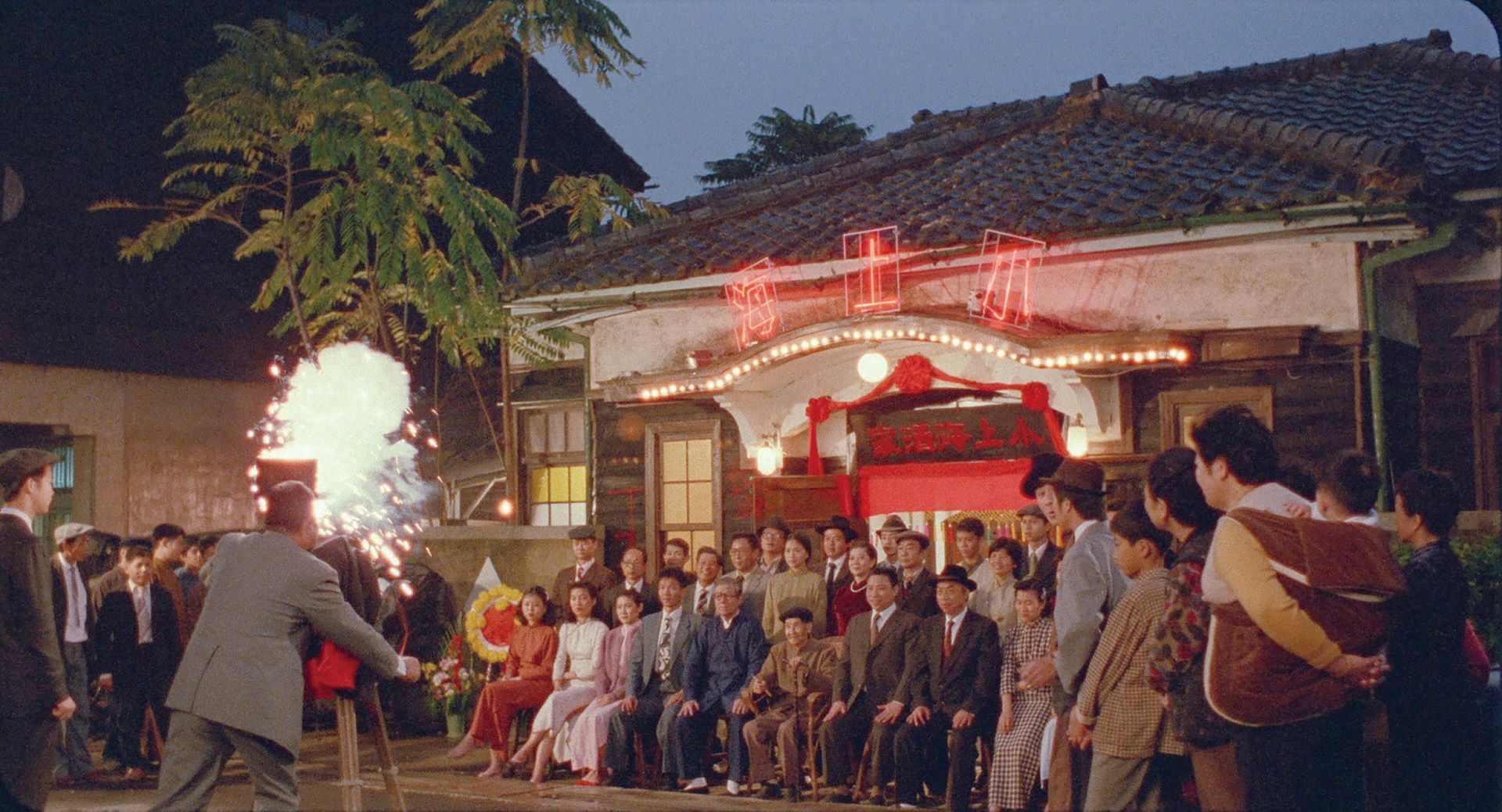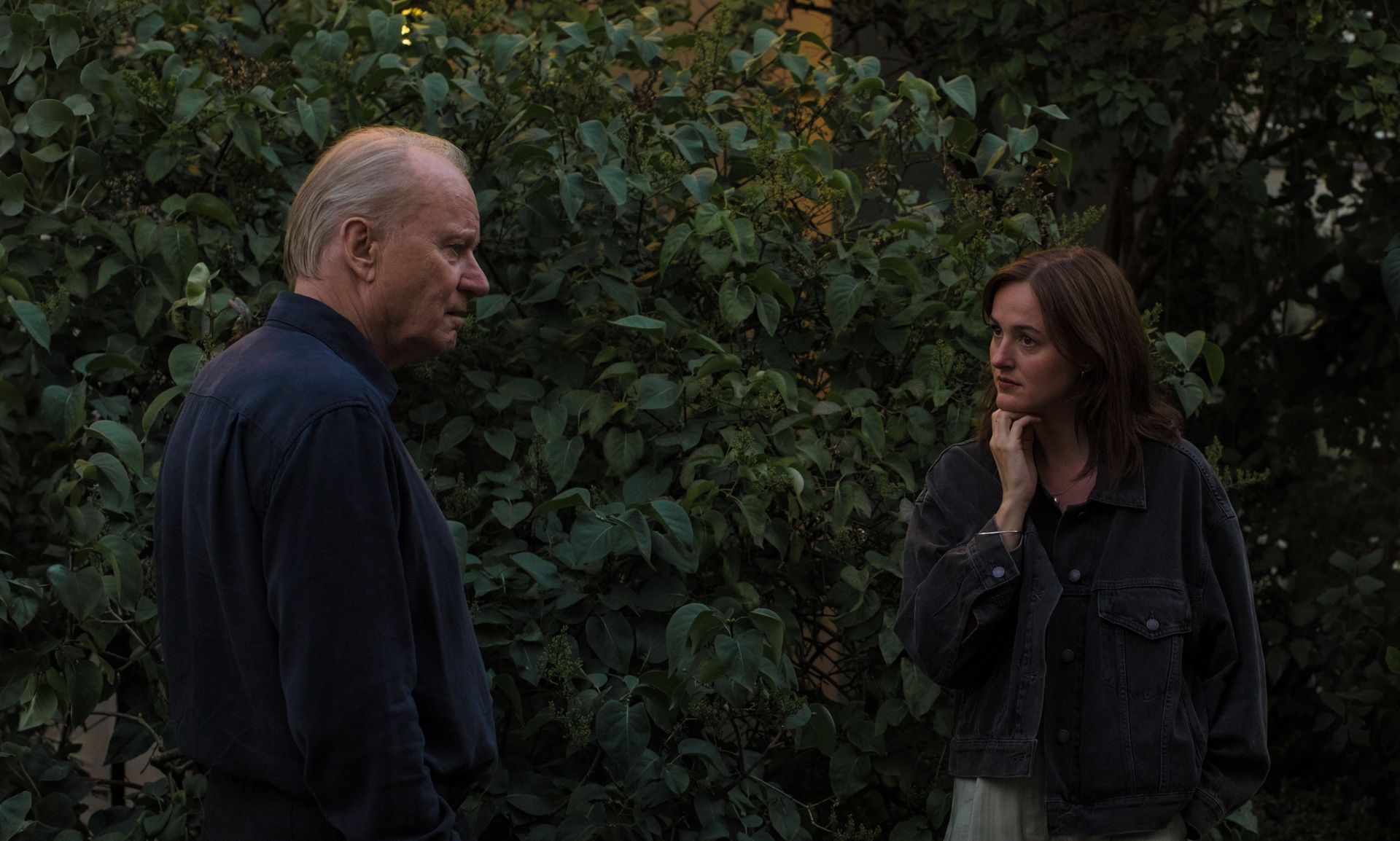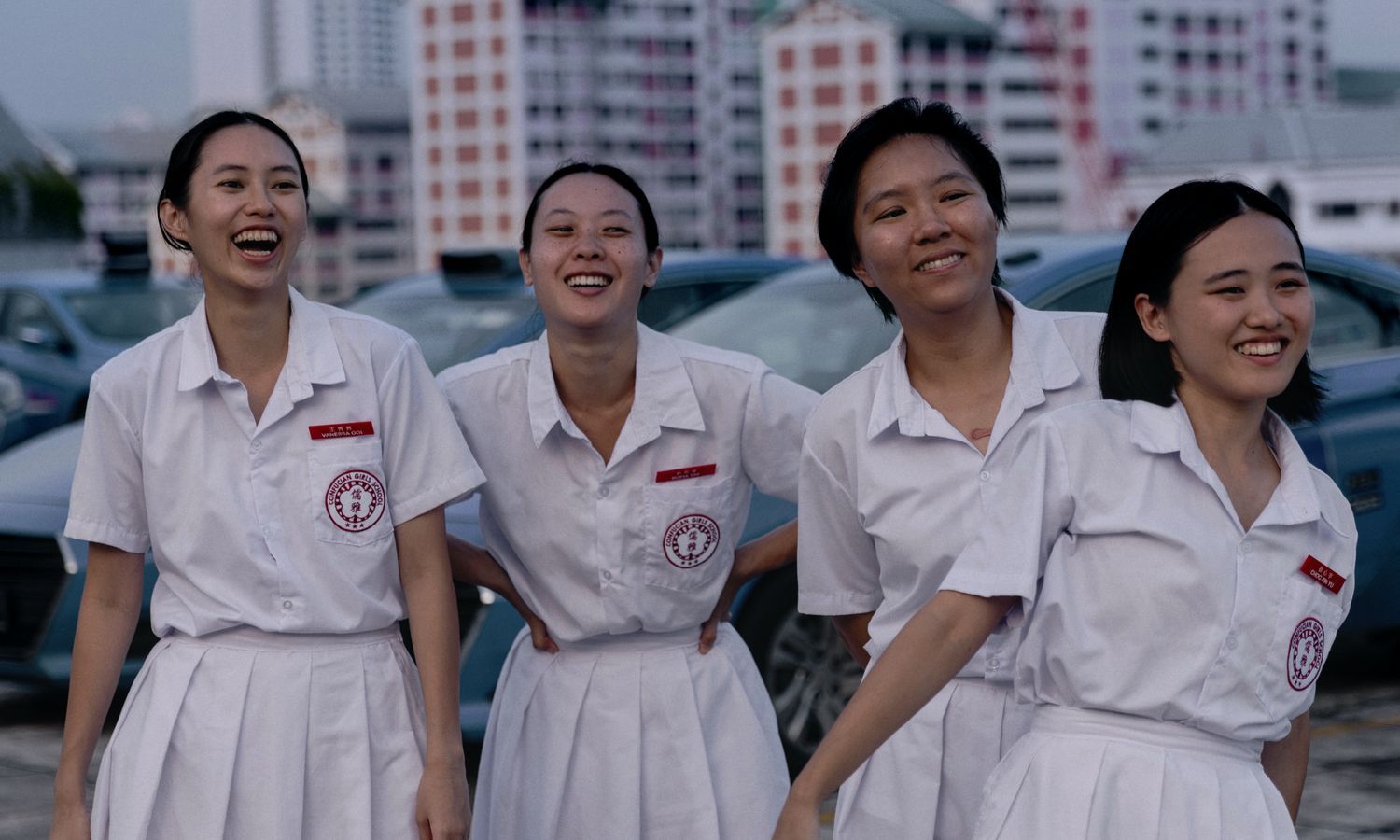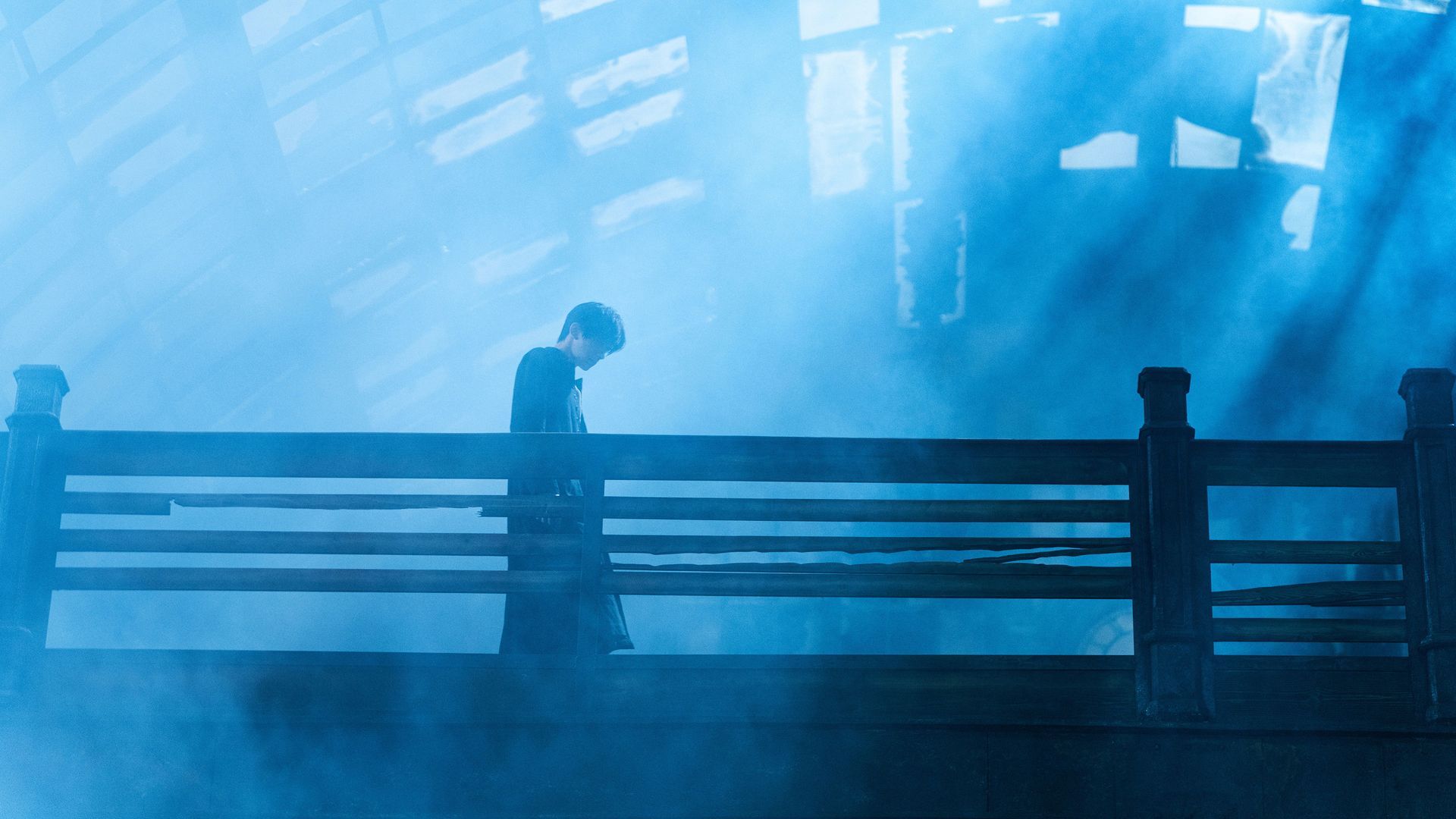Film Review #122: A City of Sadness
A City of Sadness

The year is 1945. Japan has just surrendered and Taiwan is once again a sovereign nation. In a small coastal town near Taipei, a baby is born to the eldest of the Lin brothers, Wen-hsiung. Apart from him, the Lin family seems to be plagued with mishaps, with the other brothers either missing in the war or being physically or mentally handicapped. Despite these misgivings, Japan’s surrender heralds a new era for Taiwan.
A City of Sadness, written by Wu Nien-jen, forms part of Hou Hsiao-hsien’s unofficial trilogy touching on Taiwanese history. While the main narrative focuses on the Lin family, the continuous political upheaval driven by the Kuomintang plays a pivotal role in shaping the film. On February 28 of 1947, anti-government protestors were massacred by the Kuomintang troops at the behest of Chen Yi, the governor of Taiwan and then Kuomintang President Chiang Kai-shek. The full scale of the massacre is not shown, but the Lin brothers, like many other Taiwanese, become inadvertently affected by the aftermath of that incident. At the height of political infighting, innocent lives are lost at the expense of securing power for the new government. Hou isn’t too brash about his critique, but it isn’t necessary either as history plays its own role in the film. What Hou chooses to show is reactionary, akin to the embers of a flame. We don’t see the raging fires of the bloodshed, but the smouldering aftermath.

The Lin family experiences tragedy unfold one after the other, with each brother suffering at the hands of either Shanghainese triads or the Kuomintang. Attempt as they might to maneuvre through the political uncertainty of a new regime, they are treated as criminals due to their previous dealings with the Japanese. Even Wen-ching, a deaf photographer played by Tony Leung, is accused of conspiring with the guerillas and is arrested. As the film plays out, we see each of the Lin brothers seemingly at the mercy of corrupt officials and the Kuomintang. It’s a helpless struggle against totalitarian powers, one that gives no heed to the lives of a few. The Lin family is a representation of the many who went through that ordeal, a microcosm of Taiwan’s tumultuous journey post sovereignty.
Despite the string of political happenings in Taiwan during the years following Japan’s surrender, the audience sees very little of any actual violence. Hou’s elliptical approach to the film reveals events through radio reports and Horomi’s monologue of her diary. We don’t see the full scale of brutality but witness it happening to the Lins, which brings the same kind of trepidation knowing full well what’s actually transpiring the entire time. As the camera lingers a close distance away, we are invited to bear witness to the afflictions of each brother. From the mental state of Wen-liang after the war, to being framed by Shanghainese triads after crossing them. Together with the wrongful detainment of both him and Wen-ching, these culminate in the Lin family being torn apart by circumstances beyond their control.
Perhaps this narrative style would be off-putting for audiences who lack the context of the February 28 incident, drawing the same critique from critics who saw the lack of depiction of brutality as being indifferent to it. As with many films that change with relevancy over time, it is now being reflected upon as a cultural classic that speaks volumes of Taiwan’s contemporary history. The bastion of Taiwanese identity shortly after regaining sovereignty, and the rough years that followed call upon audiences to think about it in a different light.
--------------------
About the Author: Ivan Chin has a penchant for Hong Kong cinema and science-fiction films, but enjoys anything from blockbusters to the avant-garde. His favourite directors include Johnnie To, Denis Villeneuve and Stanley Kubrick. He also fervently hopes to see local films blossom. In his free time, he can usually be found wandering around cinemas.
SFS & AFA members enjoy $3 off discounted ticket when purchasing with a discount code. The code will be provided ahead of the ticket sales. Sign up for an SFS Membership now to enjoy discounts for our Special Presentations and at least 24 complimentary Spotlight, Showcase & Preview screenings in a calendar year!
Anyone can sign up for SFS Membership here: https://www.singaporefilmsociety.com/membership
Get your tickets here: https://sfs-cityofsadness.peatix.com










